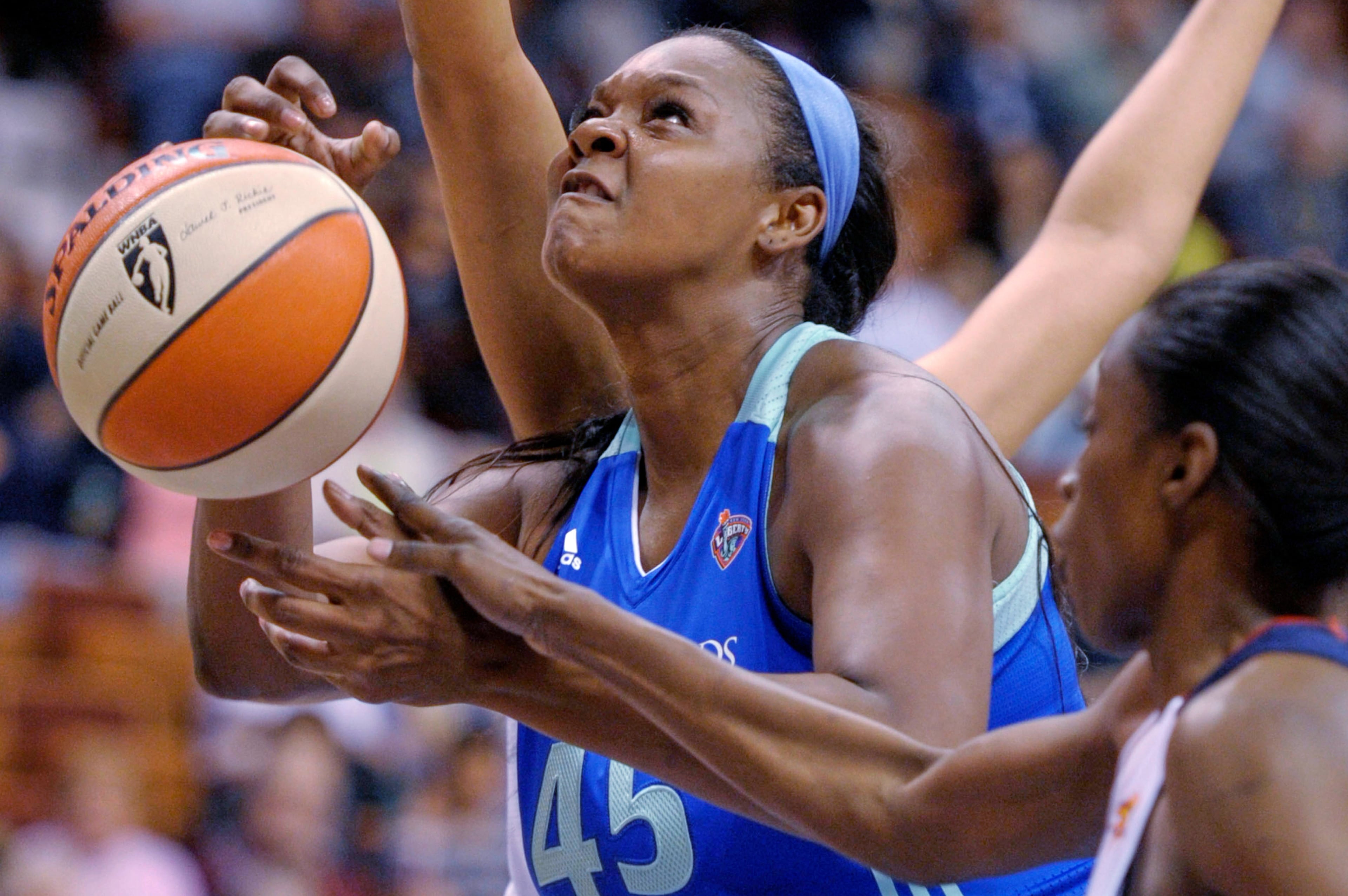Women's College Cup infiltrated by ACC
The ACC has supplied three of four soccer teams for the NCAA Women’s College Cup this weekend at Kennesaw State, and the game’s insiders say that shouldn’t be a surprise.
Duke, Florida State and Wake Forest have crowded the semifinal round for the championship event, which begins Friday at Kennesaw State’s new stadium. Top-ranked and undefeated Stanford is the lone non-ACC participant. It’s the first instance that three teams from one conference have qualified.
“I think, potentially, [three ACC teams in the College Cup] could happen every year, the way the league is,” Wake Forest coach Tony da Luz said. “I think it’s bound to happen again.”
What might sound like boastful talk isn’t so outlandish. Nine of the ACC’s 11 teams made the 64-team field. Eight ACC teams made the round of 16. Florida State reached the College Cup despite finishing sixth in the regular season.
“I think what’s amazing -- and anybody will attest to it -- is that there’s three ACC teams in the final four and none of them is North Carolina,” Georgia coach Steve Holeman said.
The ACC’s dominance is something of a testimony to the standard set by North Carolina, which has been the game’s featured act since winning the NCAA’s first women’s soccer championship in 1982. The Tar Heels have won 20 championships in the sport’s 29-year history, including each one from 1986 to 1994.
“I know they’re not here, but we all owe a lot to North Carolina,” Duke coach Robbie Church said. “They’ve made us better. We have had to work harder, we’ve had to recruit harder [and] our kids have had to train harder because they’ve set the bar so high.”
In part to try to catch the Tar Heels, Duke and Wake Forest ramped up their recruiting to find players who aren’t merely technically skilled but also fast and strong.
“That is what [the Tar Heels] hang their hat on: It’s athletes -- speed, size, strength,” da Luz said. “You have to be there in our league across the board because there’s so many athletic players, so many athletic teams.”
While North Carolina has won two of the past three national titles, the College Cup field and other recent results would indicate the Tar Heels’ free run of the league has ended. Consider that North Carolina has lost nine games to conference opponents in the past three years. In the program’s history prior to the 2009 season, the Tar Heels had lost seven games total to ACC opponents, going 215-7-10.
North Carolina won 20 of the first 22 ACC tournaments, but Wake Forest and Florida State have won the past two.
Tar Heels coaching legend Anson Dorrance, who has presided over the program since its inception, said this season’s league schedule was singular for its competitiveness and was “just terrifying.”
“I think what’s happening now is, if you’re an outstanding player and want to play in the best conference in America, you come to the ACC to play,” Dorrance said.
The growth of the sport at the youth level -- spurred in part by former North Carolina stars such as Mia Hamm, Kristine Lilly and, more recently, Cat (nee Reddick) Whitehill and Heather O’Reilly -- has brought more parity to the game by deepening the talent pool. It once was the case that six or seven teams had a shot at the national title, Church said.
“It has expanded to -- what? -- 20, 30 teams that have a chance to get to the final four,” he said.
Three ACC teams will play Friday. On Sunday afternoon, one might win its first national title. Don’t expect Dorrance to be in attendance.
“I’ve seen enough of our conference teams,” he said. “I’m taking the weekend off.”



